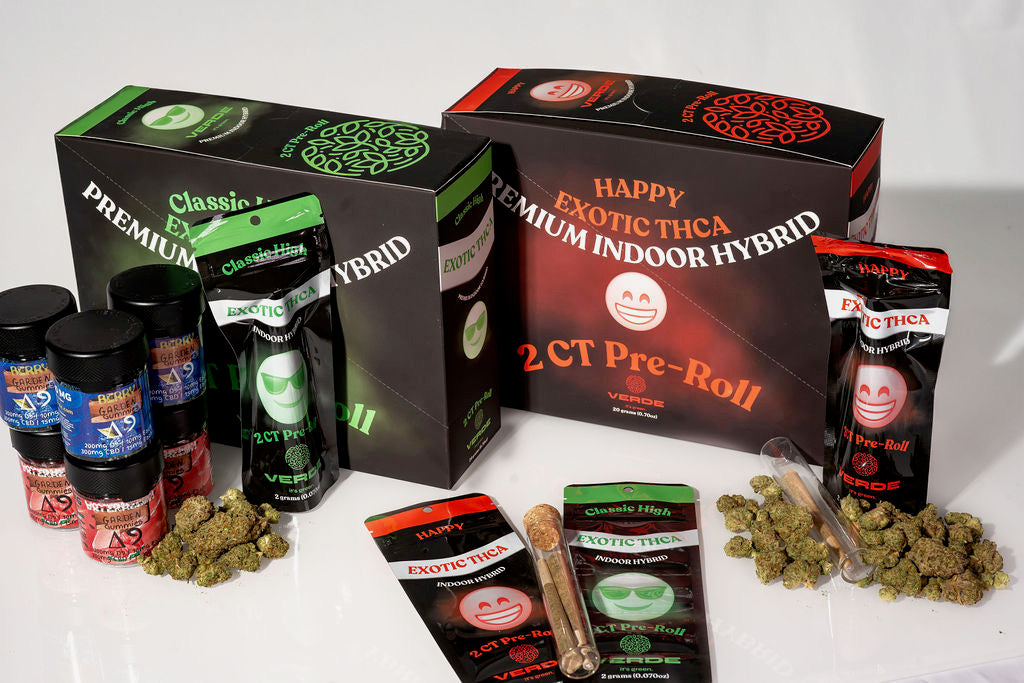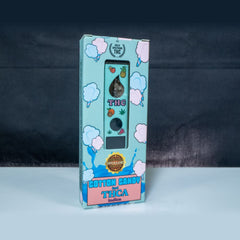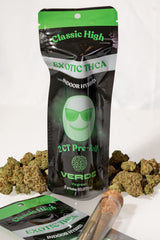
Is Hemp Legal? A State-by-State Guide to Hemp Laws
Share
Is Hemp Legal? A State-by-State Guide to Hemp Laws
Introduction
Hemp has become a major player in industries ranging from wellness to textiles, but its legal status varies across the United States. While the 2018 Farm Bill federally legalized hemp and hemp-derived products containing less than 0.3% THC, individual states have the power to set their own regulations. Some states fully embrace hemp, while others impose strict restrictions or outright bans on certain products.
In this guide, we’ll break down the legality of hemp across different states and what you need to know before buying or selling hemp-based products.
Federal vs. State Hemp Laws
At the federal level, hemp is legal, provided it meets the 0.3% THC threshold. This means hemp-derived CBD, hemp seeds, and industrial hemp products are widely available. However, state laws can override federal regulations, creating inconsistencies in how hemp is regulated.
Some states fully align with federal law, while others have restrictions on hemp cultivation, CBD sales, and hemp-derived cannabinoids like delta-8 THC.
State-by-State Hemp Laws
1. Fully Legal States
These states follow federal guidelines, allowing the cultivation, sale, and consumption of hemp and hemp-derived products:
Colorado
Oregon
California (with some restrictions on hemp-based THC)
Maine
Illinois
Vermont
2. Conditionally Legal States
These states allow hemp but enforce stricter regulations, such as licensing requirements, product testing, or restrictions on delta-8 and delta-10 THC:
Texas Hemp is legal, but delta-8 THC is under legal scrutiny.
Florida Requires extensive product testing and packaging regulations.
New York Heavily regulates hemp-derived cannabinoids.
3. Restrictive or Prohibited States
Some states impose strict controls or bans on hemp-derived cannabinoids, despite hemp being federally legal:
Idaho Prohibits all THC, even trace amounts in hemp.
South Dakota Restricts certain hemp-derived cannabinoids.
Alaska Limits sales of hemp-derived intoxicating products.
Why Do Some States Restrict Hemp?
The biggest concern for regulators is hemp-derived cannabinoids like delta-8 THC, which can have psychoactive effects similar to marijuana. While hemp itself remains legal, states are cracking down on products that convert CBD into delta-8 THC or other intoxicating compounds.
How to Stay Compliant with Hemp Laws
Check your state's hemp regulations before purchasing or selling hemp-derived products.
Buy from reputable brands that provide third-party lab testing to verify THC levels.
Stay updated on legal changes, as state laws on hemp continue to evolve.
Final Thoughts
Hemp is legal federally, but its status varies significantly from state to state. Whether you’re a consumer or business owner, understanding the legal landscape can help you navigate the complexities of hemp laws. Always stay informed and compliant to avoid legal issues.












